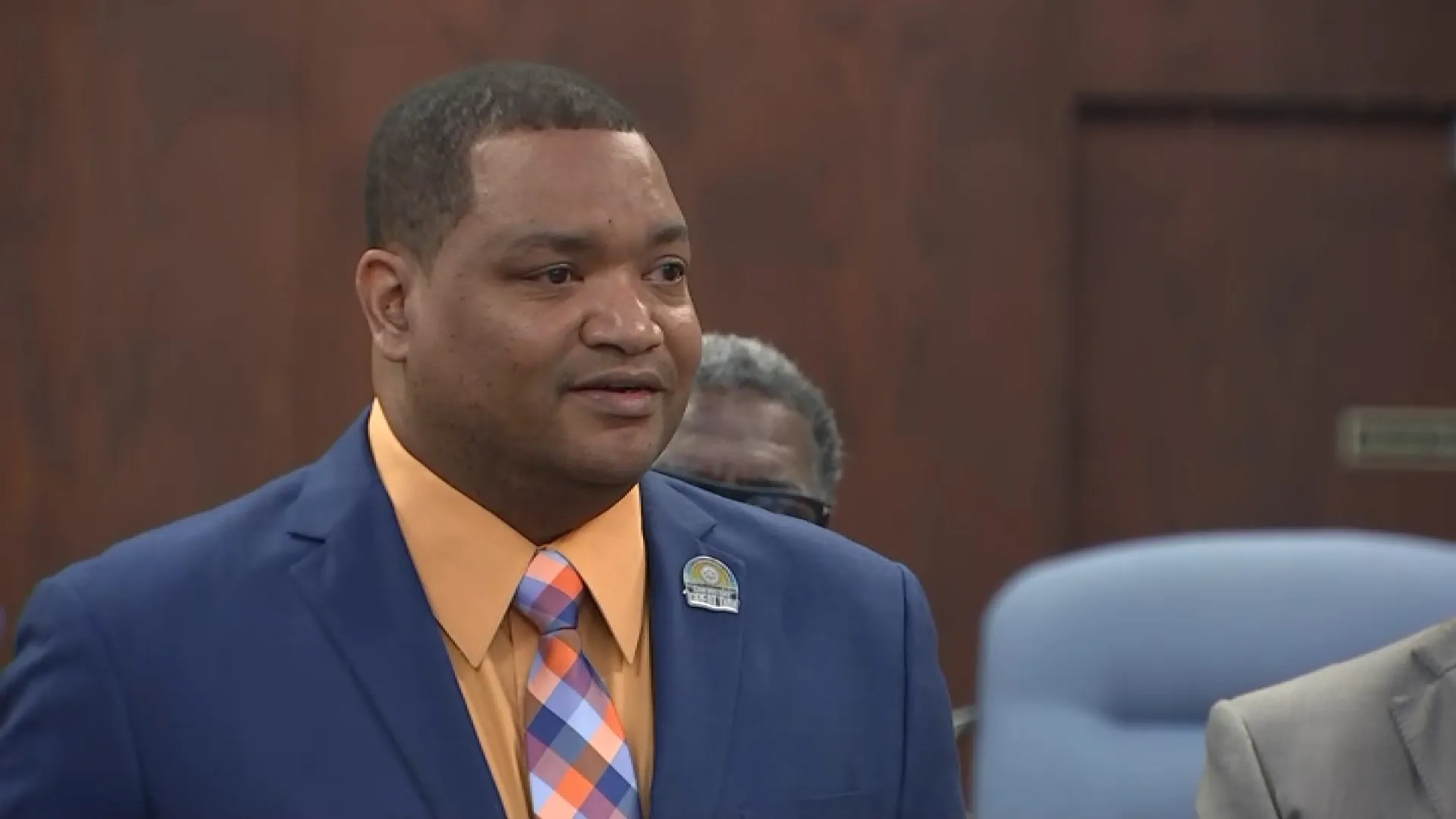In the Curtis Institute's Field Hall, pianist Jonathan Biss sat at the keyboard of a Steinway concert grand, and fixed his stubborn hair.
"Alright. Take two," said a man with a headset and a clapboard. "Coursera, Jonathan Biss. Lecture two, section one, take 2."
Clap!...and action.
"Now, we have four classes to cover 32 sonatas," said Biss into a two-way teleprompter lens. "That's some tough math..."
Biss, a member of the Curtis faculty, has performed Beethoven's piano sonatas for both live audiences and CD studio recordings. For this four-part online class, "Exploring Beethoven's Piano Sonatas," he will explain what he thinks about when he performs.
"You can't teach how to perform the sonatas to thousands of people with whom you have no contact," said Biss, who illustrates his lectures by playing sections of selected sonatas. "You don't know their experience with music or with the piano. The idea is to talk about the process of working on them that a performer goes through."
For 89 years, the Curtis Institute has trained some of the very best classical music performers in the world. Starting this fall, anyone with an internet connection can get a taste of that education, for free. The Curtis is the first classical conservatory to offer classes online, through Coursera.
Local
Breaking news and the stories that matter to your neighborhood.
Still two months out, Biss' course "Exploring Beethoven's Piano Sonatas" has attracted 20,000 registered participants. That is more than the total number of students who have walked through the Curtis building since 1924.
As a teacher, Biss cannot make assumptions about any of them.
"No assumptions. Which is what's exciting and terrifying," said Biss. "I think that means the class will be different things to different people. There will be people who will find it slow and people who will find it crammed full with information they don't know, and others in the middle for whom it's just right. I think it's incredible that there are so many people out there - thousands upon thousands - who want spend hours of their week listening to someone talk about Beethoven. It warms my heart."
The courses (a second class, "Western Music History Through Performance" with David Ludwig and Jonathan Coopersmith, will be offered in October) are the latest pieces of an ongoing campaign to broaden the Curtis' popular appeal, representing a sea-change in how the Curtis operates.
"Curtis had prided itself on being the best-kept secret in the industry," said vice president Elizabeth Warshawer. "If you didn't know about Curtis, you didn't need to know about Curtis."
The Curtis Institute is the most exclusive institutes of higher learning in America, accepting only 4% of applicants. On a given year there may be between 160-170 students, none of whom are charged tuition. The school was founded with a $12 million endowment in 1924, and is reliant on donors to stay afloat.
With many graduates going on to stellar careers (superstar pianist Lang Lang is an alumnus, for example) the administration has been expanding its legendary reputation beyond the circle of classical music insiders. The Curtis launched a series of international tours highlighting its student ensembles, and a growing, high-definition video library of recitals by students can be readily streamed online. The school now offers summer music workshops for non-students.
That thinking is being passed onto graduates.
"We have been encouraging students to think about how to invent careers in the 21st century, with digital media, by participating in community projects, and through publicizing," said Warshawer. "At the core of all of it, is the highest musical standard - the legendary point of a Curtis education. That doesn't go away."
The Curtis is protecting their legendary brand by making online video classes with production values that match the music. The two-camera shoots are tightly scripted, directed, and edited to make them as engaging as possible.
"It feels faster to me. Does it sound faster?" asked Biss, having delivered 10 minutes of his lecture on Beethoven.
"It sounds faster," said the guy in the control booth.
Which means Biss had to peform it again - and again and again - until he got it just right.
This story was reported through a news coverage partnership between NBC10.com and NewsWorks.org



